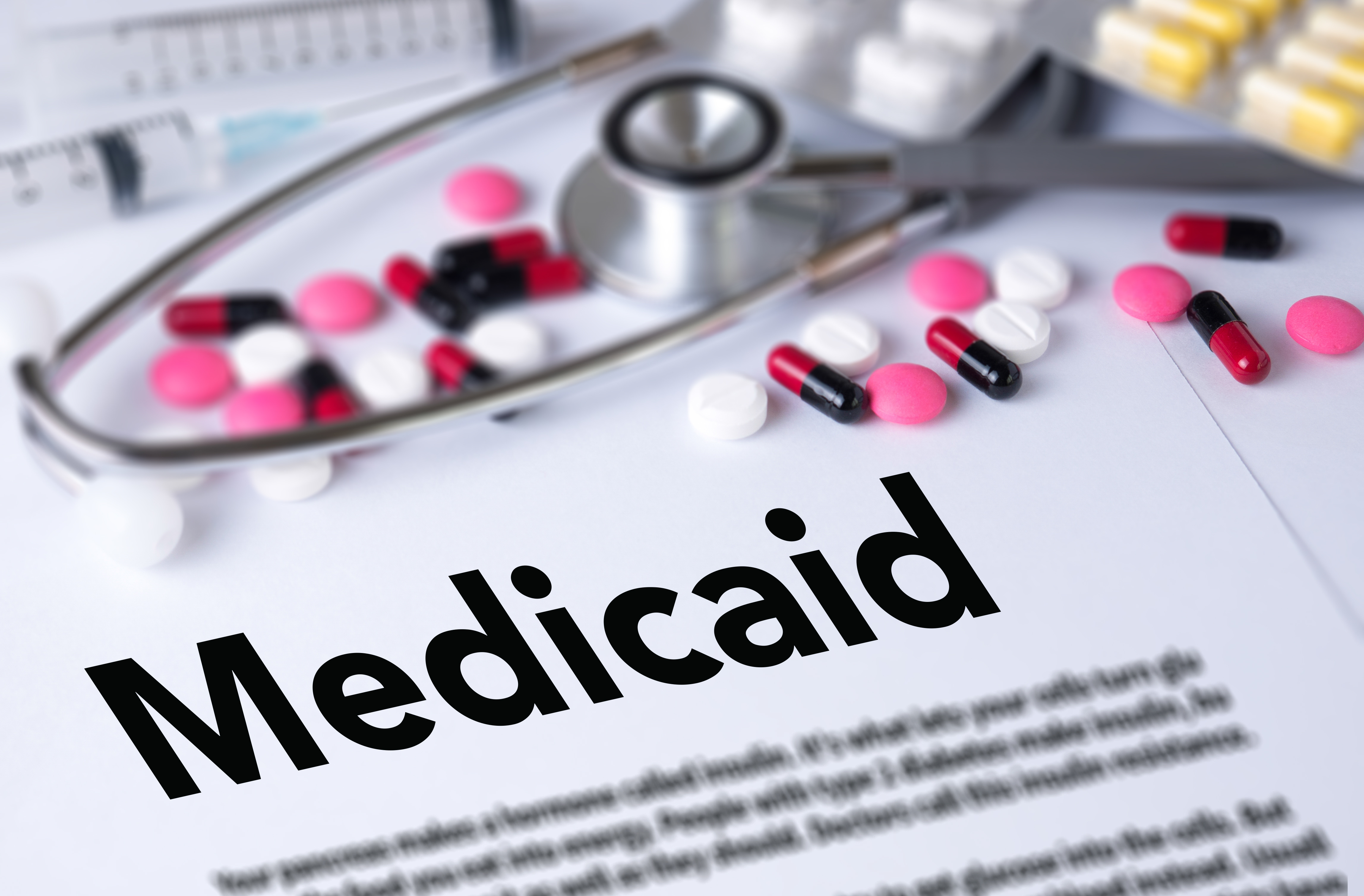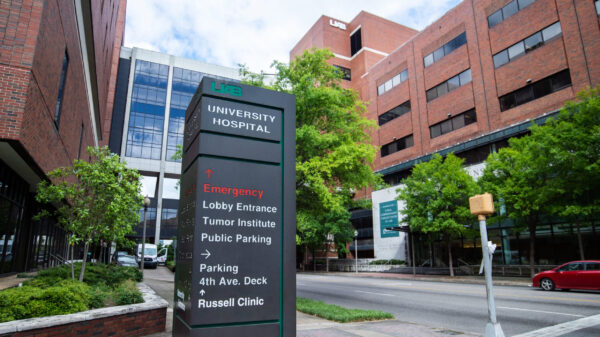A coalition of Alabama organizations pushing for an expansion of Medicaid in the state says that the expansion should have happened before the COVID-19 pandemic, but is all the more needed now, as thousands of Alabamians have lost health insurance during the crisis.
Jane Adams, Alabama Arise campaign director, said in a statement Wednesday that even before COVID-19 , the state’s failure to expand Medicaid left more than 220,000 adults uninsured. Adams directs Cover Alabama, which is a coalition of more than 90 groups pushing for Medicaid expansion in the state. Arise is a founding member of the coalition.
“Further coverage losses during the recession will bring health and financial suffering for even more families across our state,” Adams said. “More people will go without needed health care. More hospital bills will go unpaid. And all Alabamians will bear the additional strain on our health care system. This report’s findings should be a blaring emergency siren for our state leaders.”
The Washington D.C.-based nonprofit research organization Families USA released a report Monday that shows that in Alabama, job losses during the coronavirus pandemic resulted in 69,000 Alabamians losing health insurance between February and May. Those uninsured adults raised Alabama’s uninsured rate to 19 percent, which is the ninth highest rate in the country, and 3 percentage points higher than in 2018, according to the report.
“As workers and their families lose comprehensive health insurance, their risk of delayed care and complications from the virus increases. So does their risk of financial devastation,” Alabama Arise’s press release states.
Across the country 5.4 million more Americans lost health insurance between February and May, the report notes, which was a 39 percent higher increase in uninsured than any annual increase on record. States with high numbers of uninsured are also seeing more increases in COVID-19 cases, according to the report, which ranks Alabama as having the seven highest rate of new COVID-19 cases among the 15 states with large numbers of uninsured.
“COVID-19 is putting lives, livelihoods and economic security at risk for thousands of Alabama workers. And many communities face long-term challenges for health care capacity and economic recovery,” Adams said. “Alabama Arise and Cover Alabama urge Gov. Kay Ivey to save lives and stabilize our local hospitals by expanding Medicaid. We ask the Legislature to provide the needed state share of this pro-family, pro-health, pro-community investment in our future. And we ask Congress to strengthen Medicaid funding and help Alabama shore up our health care infrastructure.”
Dr. Don Williamson, president of the Alabama Hospital Association, told reporters during a press conference Tuesday that expanding Medicaid “is critically important.”
“We see clear data now that infant mortality rates are lowered in states that have expanded Medicaid, because women have better access to prenatal care,” Williamson said. “We see breast cancer diagnosed earlier, hence reducing the death rate due to breast cancer. We see diabetes being diagnosed earlier. We just see a general improvement in life expectancy and health outcomes associated with people having access to health care.”
In states that have expanded Medicaid there’s evidence that peoples’ credit scores improve, bankruptcies decline and jobs are created, Williamson said.
“It seems to us like the right thing to do for our citizens, and it seems the right thing to do for the state, and that was all before COVID,” Williamson said. “And COVID has simply highlighted that there are thousands of people now who end up coming to hospitals and not having insurance.”
U.S. Sen. Doug Jones, D-Alabama, who hosted Williamson in the Tuesday press conference, has been a longtime proponent of expanding Medicaid in Alabama, and said he continues to work to try and get incentives approved to help reduce the cost to Alabama and other states for an expansion of the program.
“Going into this pandemic we had over 300,000 Alabamians it would have benefited,” Jones said of a Medicaid expansion. “Today, it’s probably closer to 500,000.”



















































